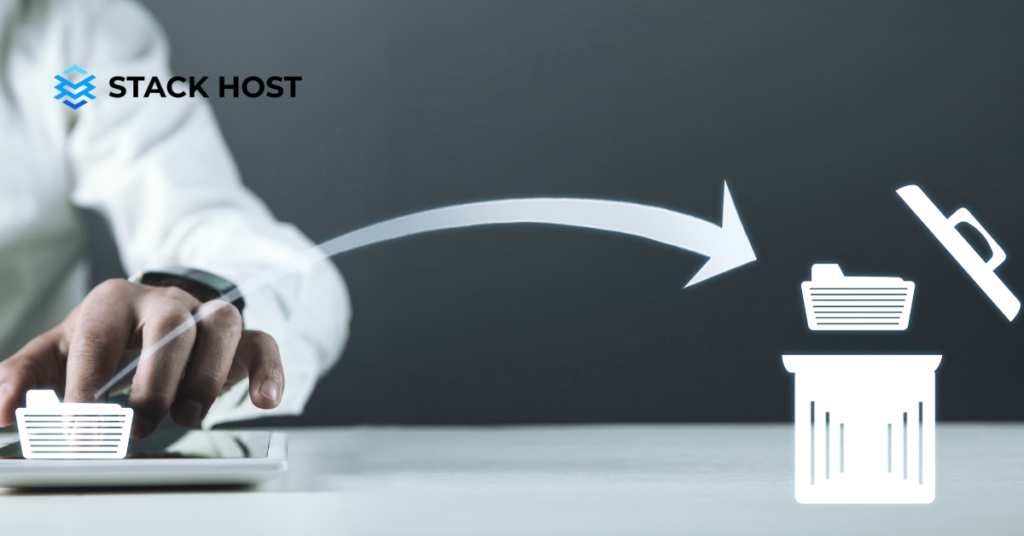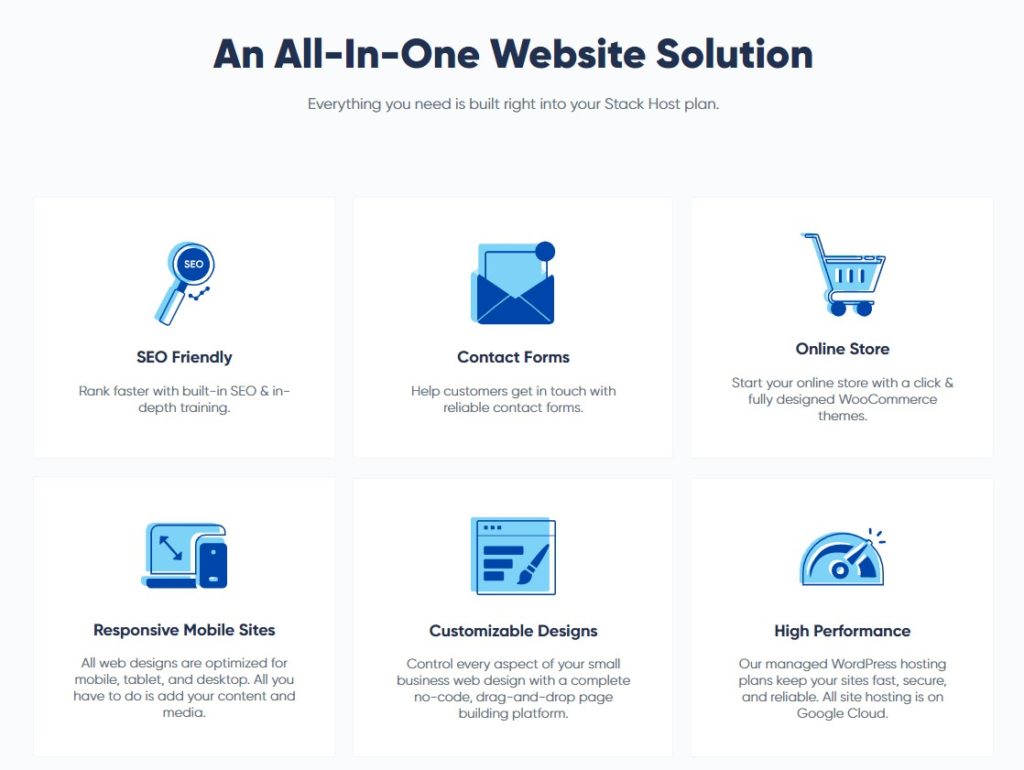
How to Optimize Your Google Business Page Strategy
Google is the world’s leading search engine, and, as such, businesses need to have an optimized Google business page. In this article,
Share this article:
Your website speed directly impacts how many visitors you get and how many return. If your site loads slowly, people will abandon it. Even worse, they won’t come back again. Google measures site speed as a critical rating in their search engine results. Slow sites with slow load times will not rank as highly as those that load quickly and efficiently. Reducing page load time also benefits user experience and conversion rates. If your site visitors can access essential content in 200ms rather than 600ms, they’ll likely sign up or make a purchase. Let’s take a look at some ways to improve the speed of your website, so users don’t leave because of how long it takes to load

It’s important to ensure that the photos you use on your website are the smallest possible size while still looking good. This will make them easier to load and will also reduce the overall file size of your website as a whole. With fewer files to load, your site can load faster. When you upload images, you’ll have the option to resize them automatically. However, they’ll likely be resized to a size too large for your needs. You can resize them manually using editing software like Photoshop or Canva. Don’t forget, when you upload photos to your website, you’re not only loading those specific images but also the EXIF data. This data gives information about the image, such as the date and time it was taken and the camera used. If you don’t need this data for your website, you can strip it off when uploading.
Newer versions of WordPress let you select the photo format for your images. Suppose you’re using Google’s servers to host your images. You can speed things up in that case by selecting their Next Generation WEBP format. This format is much more efficient than the standard JPEG and PNG formats. It’s worth noting that if you use your website’s hosting services and select JPEG or PNG, you won’t see any difference in load times. However, using Google hosting will significantly reduce load times if you convert to WEBP.

WordPress plugins can be beneficial, but not all are useful for every site. If you have plugins that you aren’t using, deactivate them. They’re still taking up space on your website, slowing it down. If you need plugins but aren’t using them regularly, delete them. They’re still taking up space on your website and slowing it down. These are the worst offenders when it comes to slowing down the speed of your WordPress site. Some will load at the very beginning of your site before the user has even requested the page. Others will load on every page visit and continue to do so if you don’t delete them.
We’re all familiar with the “Loading…” message on our screens as we wait for a website to load. This message usually accompanies a javascript that was included in the HTML of your site. This can slow down the loading time of your site, and it’s horrible if the user has disabled Javascript on their browser. JavaScript that is included in the HTML of your site will be automatically downloaded to the browser when a user requests a page from your site. While this is helpful in many ways, it can make your website load times longer. Instead of embedding the JavaScript in the HTML, you can create a separate JS file and then link to that from your HTML document.
Caching plugins help your WordPress site run faster by storing static versions of your content. This means that instead of WordPress processing the data every time someone visits your site, it simply copies and stores it on the server. The next time a visitor comes along, they’ll receive the static version of your content, which should load much faster than WordPress. There are many great caching plugins on the market, but we recommend Breeze. It’s free and is one of the most reliable WordPress speed-up plugins. Make sure you select the Hyper Cache option when installing it. If your site is on a managed WordPress hosting provider, you may be able to take advantage of their caching feature. If you’re hosting with a less reliable provider, you may consider installing a caching plugin.

A Content Delivery Network (or CDN) is a server network that serves your website’s content to users from the nearest location. This means that regardless of where your visitors are, they will always receive your content from a server nearby. This helps reduce your site’s load time by distributing the workload across multiple servers and reducing the distance between your visitors and your server. There are many providers of CDN services, and it’s worth doing a quick search to find one that’s the right fit for your business. Make sure you’re happy with the pricing and that they are compatible with your hosting provider. If you’re hosting with a managed WordPress provider, you may be able to take advantage of their CDN services. If you’re hosting with a less reliable provider, you may want to consider installing a CDN plugin.
If you are experiencing slow load times or are hosting a heavy load, you can contact your host to help you optimize your site. When choosing a hosting provider, make sure you are researching their offerings, what type of hosting they offer, and what websites they best serve. Not every host will be a good fit for every kind of website, and you will want to make sure that you are choosing a host that offers the correct type of hosting for your needs. Choosing a hosting provider that provides a managed hosting solution can also help to keep your website optimized and maintained. Suppose your website is on a host that is not offering managed hosting. In that case, you will want to ensure that you are monitoring your own website’s performance and your host’s performance.

As you can see, there are many simple things that you can do to speed up your website. Reducing photo sizes, using a CDN, and optimizing your website are all relatively straightforward processes that are well worth the effort. However, if you notice that your site is still loading slowly, something more serious may happen. In this case, it’s worth contacting a professional website developer to get their advice.

Google is the world’s leading search engine, and, as such, businesses need to have an optimized Google business page. In this article,

In today’s digital world, businesses have more opportunities to connect with their customers than ever before. While this can be beneficial, it

Are you looking for new ways to advertise your business? You’ve probably heard of billboard advertisements, promotional videos, and virtual reality marketing.
Stack Host is an independent service provider and is not affiliated with WordPress or Shopify.
Copyright © 2025 STACK HOST provides small business web design, SEO, managed hosting, and expert website support. We help you grow your business online with subscription-based plans for WordPress or Shopify.